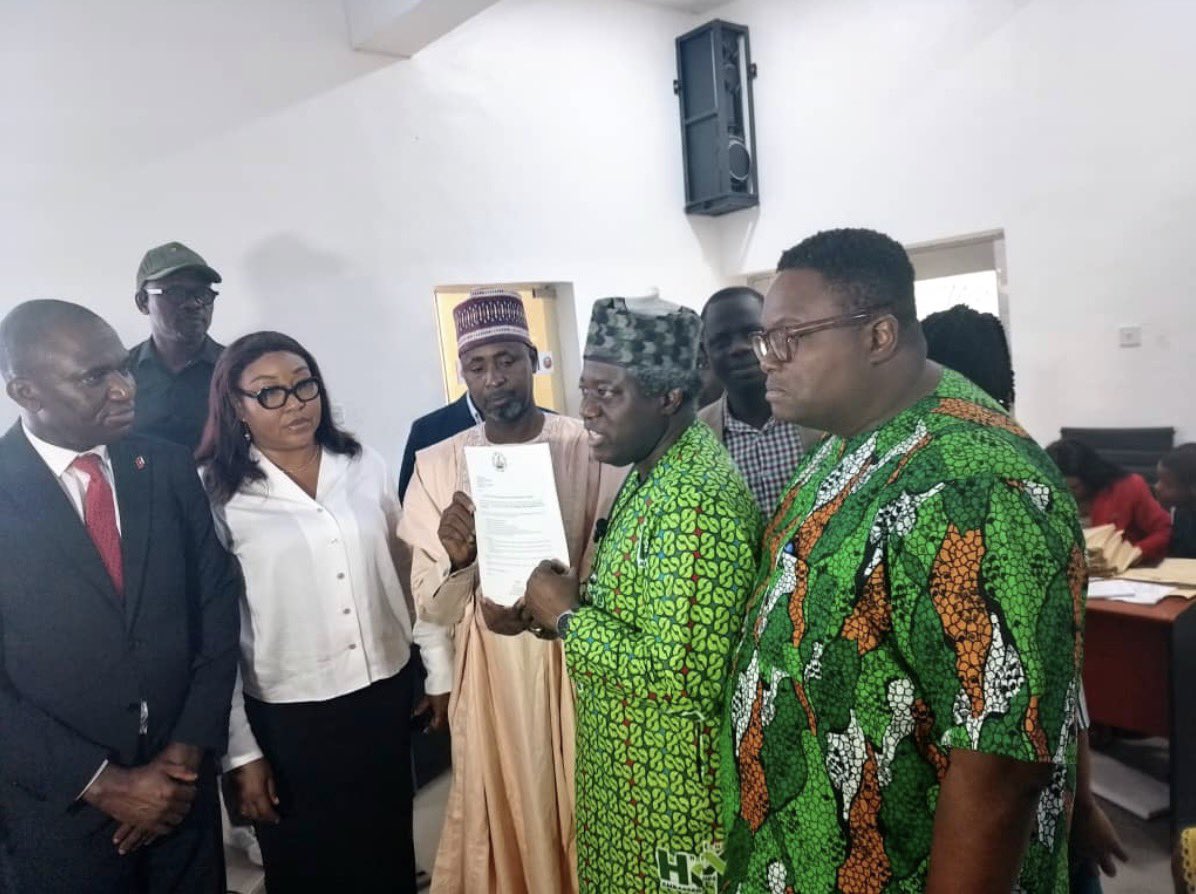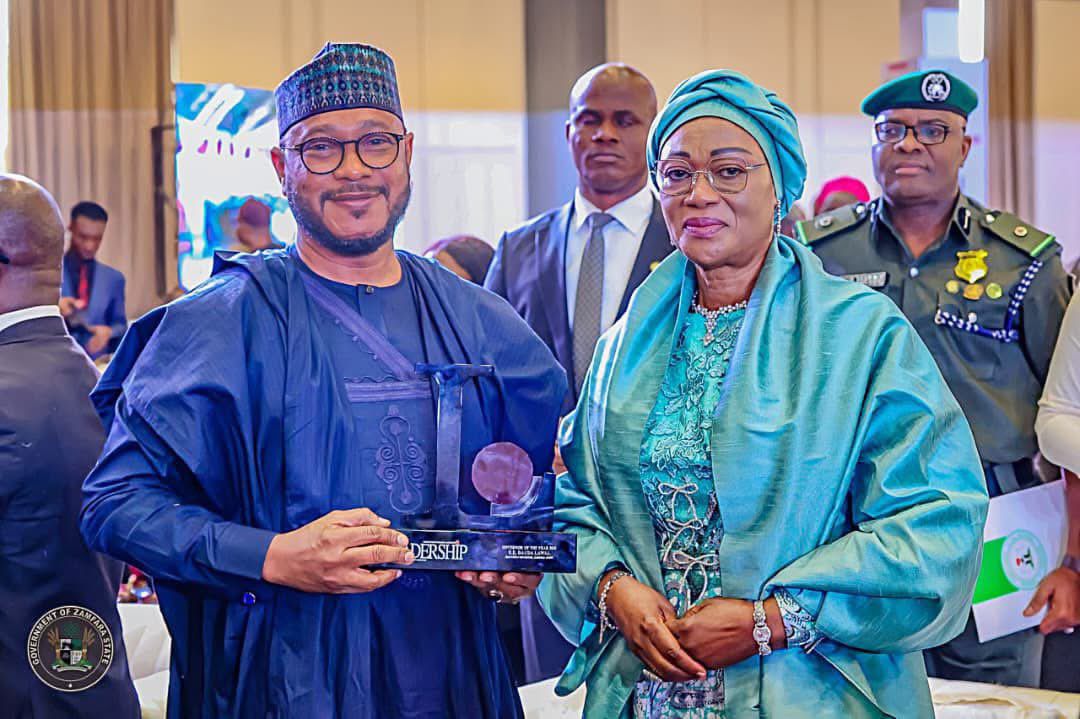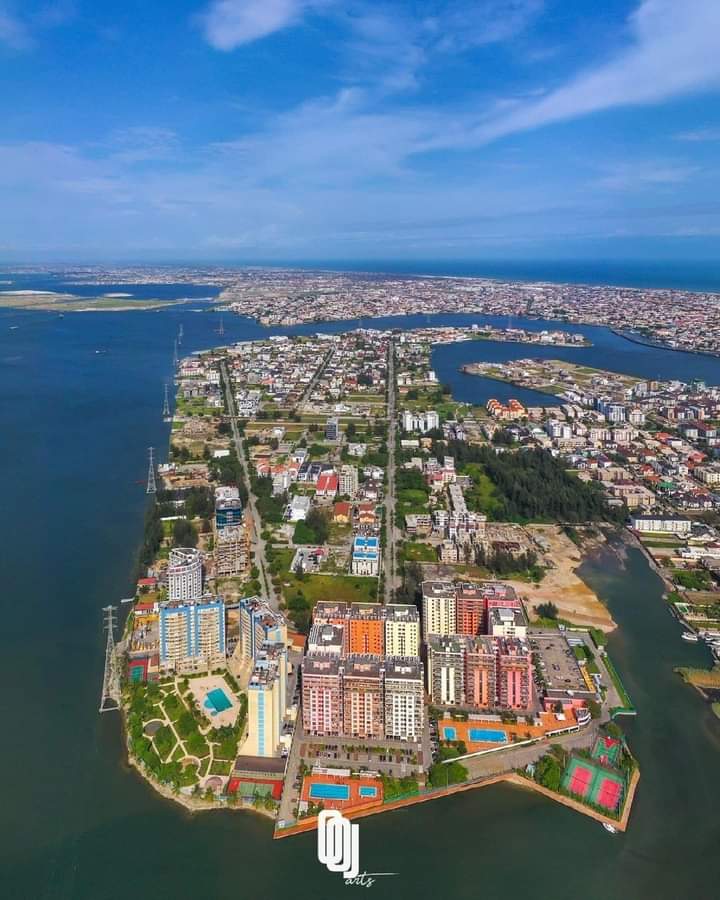Alleged Money Laundering: Court of Appeal Nullifies Accusations of Abuja Property Developer
Posted on May 27, 2024

The Court of Appeal in Abuja has lambasted a property developer and lawyer, Mr Cecil Osakwe over sharp practices, saying that having benefited from the contractual sale of a property, he sought to benefit more by revoking the sales.
The court therefore overturned the judgment of an FCT High Court over two luxury apartments at Abeh Signature Apartments, located at the highbrow Maitama district, Abuja.
The appellate court reverted the apartments to Ms Asabe Waziri, rescinding earlier decision of Justice Othman Musa of FCT High Court reverting the coveted apartments back to a property development company, Abeh Signatures Ltd, and its Chief Executive Officer, Osakwe.
The appellate also blamed the trial judge for veering off track of the facts before it which led to miscarriage of Justice.
The property developer had in 2022 approached the FCT High Court asking the court to revoke a contract of sales of two luxury apartments due to the mode of payment of N150 million by the buyer, Ms Waziri which he claimed contravened the provisions of the Money Laundering Act.
The company claimed that the buyer made a cash payment of $40,000.00, and bank transfers worth $100,000.00, and through Bureau de Change. It also claimed that the defendant presented herself as a business woman whereas she is a civil servant working with the Nigerian National Petroleum Company (NNPC).
Due to these reasons, Osakwe offered to pay back the money paid for the apartments and recover them from the defendant.
The defendant however denied the claims of the defendant ( Plaintiff) , saying she only paid $5000 from the N130,000 agreed after he requested that he needed dollars and presented evidence of all transfers made to the property developer’s accounts.
Delivering judgment, the trial judge ordered that the properties be reverted back to the plaintiff. He also ordered the plaintiff to pay back the sum of N150 million, being money deposited, to the defendant. The judge said: “In view of the way and manner or mode of payment employed by the defendant in the purchase of the two flats at Abeh Court, belonging to the claimant, same has rendered the contract for the purchase of the properties void for violating money laundering laws”.
Not satisfied, Ms Waziri had approached the Court of Appeal, challenging the decision of Justice Musa.
Ms. Waziri, represented by her lawyer, Henry Eni-Otu, argued that the lower court relied solely on written statements (affidavits) without considering oral or documentary evidence to support the developer’s claim of money laundering against the Appellant. Additionally, she questioned whether the trial judge could decide the case through originating summons given the conflicting information in the affidavits by the parties and the clear documentary evidence presented by the appellant.
In a unanimous verdict, the three-judge panel led by Justice Hamma Akawu Barka, comprising Justices Abba Bello Mohammed, and Okon Efreti Abang, set aside the lower court’s judgment in its entirety and awarded costs of N500,000.00 (Five Hundred Thousand Naira) to the appellant, Ms. Asabe Waziri.
The appellate Justices said the trial Court judge veered off the track in his reasoning and occasioned miscarriage of Justice.
Justice Barka who read the lead judgment upheld the argument of the appellant lawyer, saying that “it is trite law that a party seeking declarative reliefs must establish his entitlement to such reliefs based on the strength of the case makes out, and is not entitled to rely on the weakness of the case of the respondents, unless such weakness aids his case”.
The lead Justice declared that the judgment of the trial court was not supported by credible evidence and constituted a miscarriage of justice. “The facts forming the respondent’s case before the lower court were contained in the affidavit in support of the originating summons. The appellant as defendant filed a counter affidavit and therein sought to clarify all the material allegations made by the respondent in his affidavit in support to the originating summons. In particular with respect to the allegations of cash payments of forty thousand dollars was part of the cost of building, thus offending the provisions of the Money Laundering (Prohibition)Act, defendant vehemently denied the averment posting further that the only money she paid in dollars was five thousand dollars in cash made to the alter ego of the respondent on request. Surprisingly, on all the exhibits attached to the affidavit in support of the originating summons, none mentioned the fact of payment of forty thousand dollars in cash in satisfaction of the sale agreement. In the same vein, as argued, the allegation of the identity of the appellant which the respondent relied upon as a ground to vitiate the concluded transaction was not substantiated and appellant having joined issues on those facts, it behoves the respondents to lay facts of proof in support of those allegations”.
The justice said that the respondent, apart from mere allegations made, failed to sustain it by producing tangible evidence to back up the assertion. “On the contrary, the appellant not only controverted the allegations but went further to supply evidence through email exchanges, details of accounts and evidence of payment to debunk allegations pertaining to her identity”.
Justice Barka therefore declared: “It is clear that the respondent, having benefited more from the transaction, seeks to vitiate the contract possibly to further benefit from it. I agree with the appellant’s counsel that the appeal is destined for success and should be allowed. Hence, having resolved all issues in favor of the appellant, this appeal succeeds and is hereby allowed. The judgment of the High Court of the Federal Capital Territory, Abuja in suit No: CV/2435/2021, delivered on February 17, 2022, is hereby set aside, and all actions taken consequent to the said judgment also stand vacated. The appellant is entitled to costs assessed at N500,000 (five hundred thousand Naira only). Appeal allowed.”
In agreement with the lead judgment, Justice Abba Bello Mohammed said: “As shown in the lead judgment, the respondent had not only failed to adduce cogent and credible evidence to proof his entitlement to the declarative reliefs which he sought, he hinges his case on criminal allegations, the proof beyond reasonable doubt of which he could not establish with the controverted affidavit evidence which he supported his originating summons. Clearly, the judgment of the trial Court in favor of the respondent was not supported by any credible evidence”.
Justice Abang was also in agreement with the lead judgment. “I am in complete agreement that my Lord exhaustively considered and resolved all the issues in the appeal”, he concluded.














